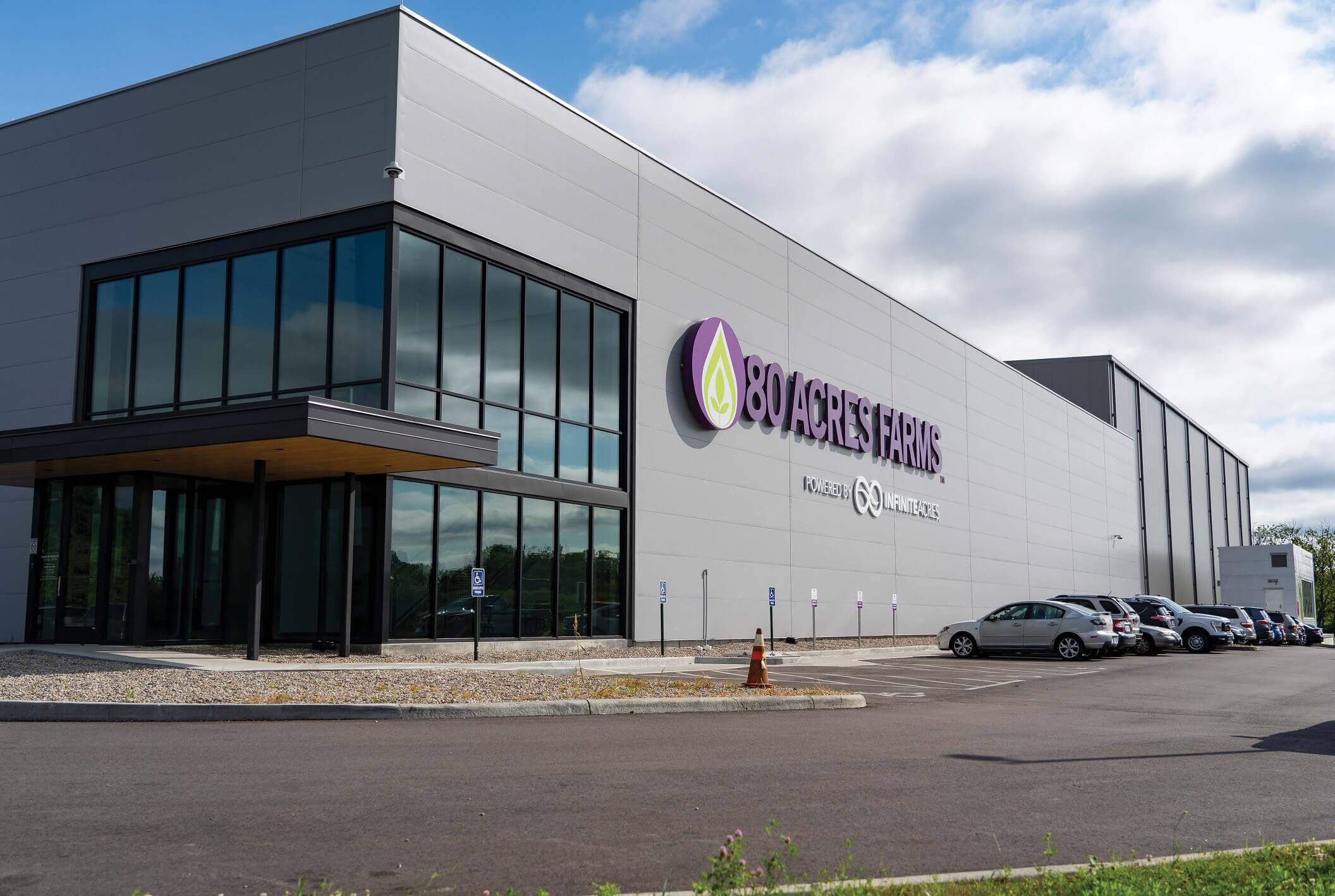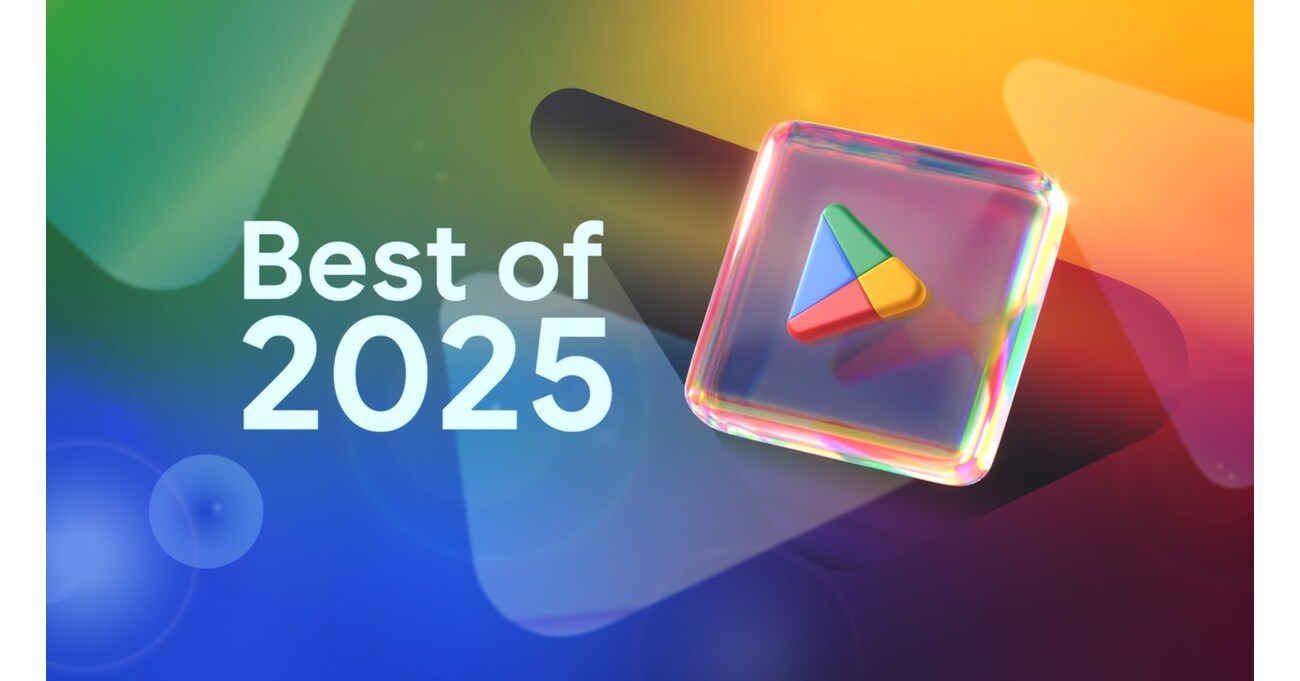On August 5, LeoLabs and the New Zealand Space Agency (NZSA) signed a multi-year agreement to develop a software platform for monitoring space activity.
LeoLabs and the New Zealand Space Agency (NZSA) are working together to develop a cloud-based software platform for monitoring space activity. New Zealand's Ministry of Economy, Innovation and Employment announced the multi-year agreement on August 5, claiming it would lead to "the world's most advanced regulatory and sustainability platform for space activities".
LeoLabs began developing the platform with NZSA in 2019. Over the past two years, the prototype developed by LeoLabs and NZSA has become operational. It can be used to track objects in low-Earth orbit and check that operators are complying with the commitments made when applying for launch licenses.
To date, a large part of LeoLabs' activity has involved helping satellite operators identify potential collisions and determine how to safely move away from the trajectory of other satellites and space debris. In this new business area, LeoLabs is helping a government agency fulfill its commitment to control space activities.
"We believe this is a model that can be replicated worldwide," said LeoLabs CEO Dan Ceperley. "Every nation has a set of assets for which it is responsible and has an impact on the sustainability of space. Countries need to be aware of the risks they face."
Under the Outer Space Treaty, the launching state is required to license satellites, and to ensure that satellite operators comply with the licensing rules. This doesn't always happen, however. While countries put considerable effort into the licensing process, many lack the tools to track satellites in orbit or to take action if a satellite deviates from its orbit or fails to deorbit within the agreed timeframe.
The four Leolabs radars provide the New Zealand Space Regulator with information on the location of orbiting objects and highlight potential problems. After a pilot phase, the NZSA has integrated the platform into its space operations to track the position and orbit of individual satellites, display historical records, obtain reports on satellite orbit changes and receive alerts when a satellite is in breach of its license agreement.Most of the time, satellites remain in their intended orbit and the platform provides confirmation, said Ceperley. "When there's an early indication that a satellite is in a different orbit than planned, you have a lot of time to react," said Cepereley. "It doesn't have to be an emergency. It can be a discussion. You want to be notified as soon as possible so you can react, whether you're the company or the regulator."











%20Canary.jpg)
